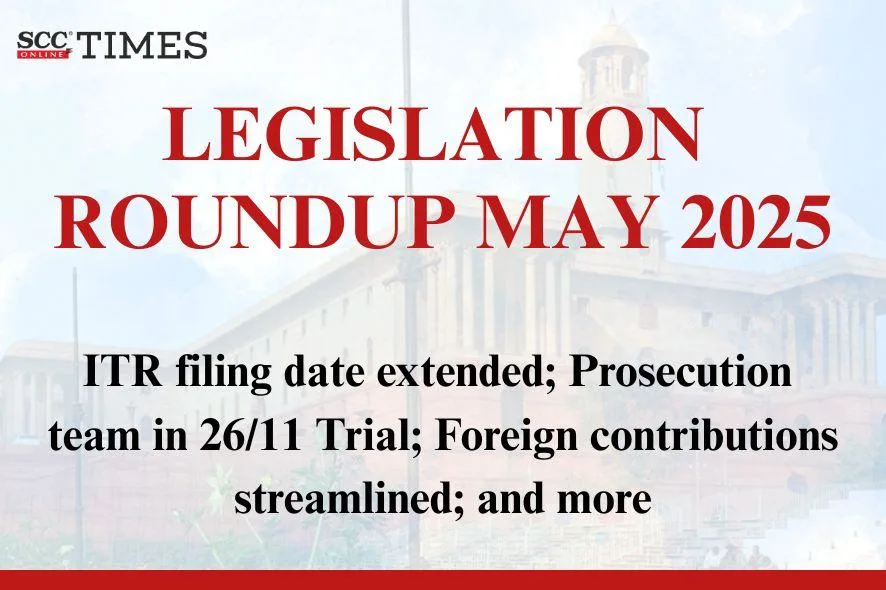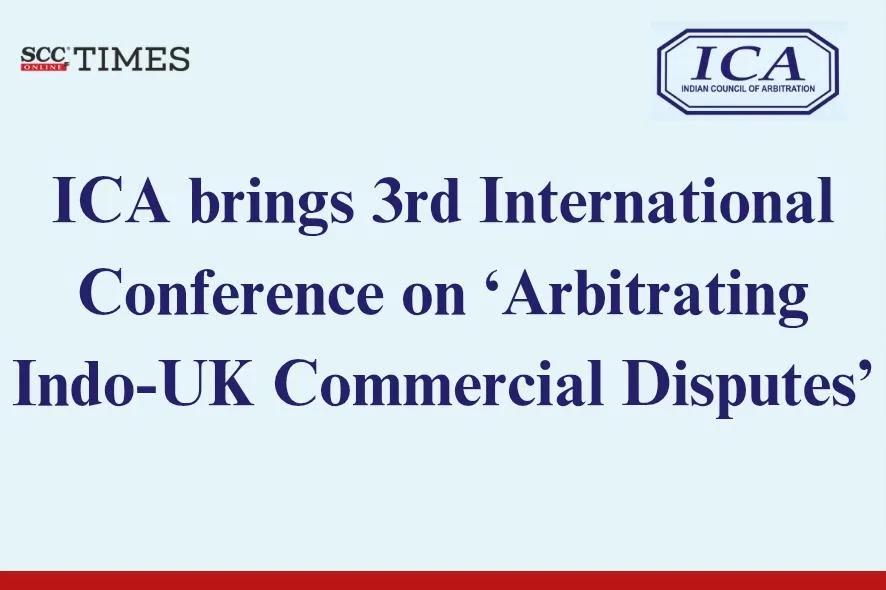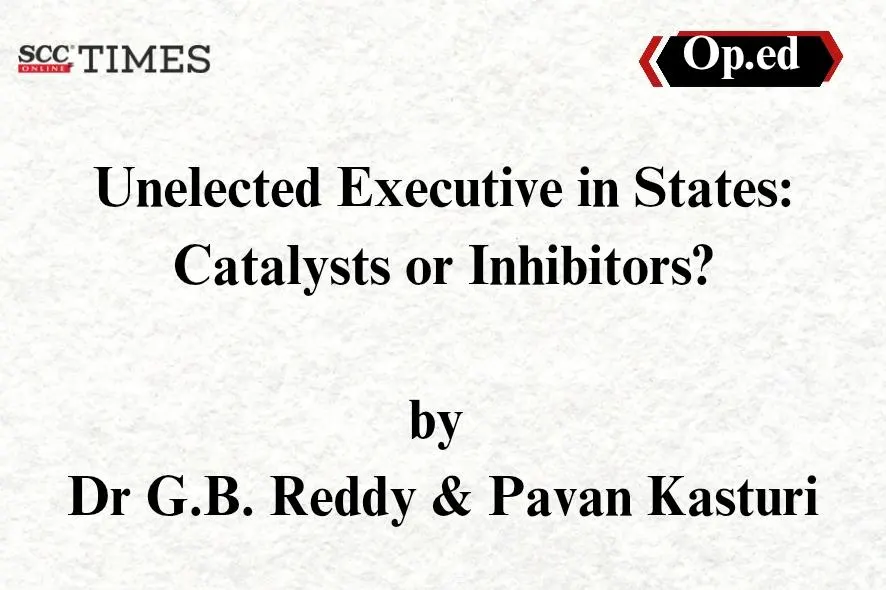Bombay High Court: While deciding a custody case, the single judge bench of Bharati Dangre, J. observed that the Family Court failed to observe an important aspect of right to development, being vested in the petitioner (‘mother’) as she cannot be asked to choose between her child and her career.
Facts of the case: The marriage between the petitioner and the respondent was solemnized on 08-07-2010 as per Hindu rites and customs and without going into further details of their premarital relationship, suffice it to say that a daughter was born out of the wedlock on 08-07-2013. The petitioner alleged that the respondent(husband) and his family were always hostile towards her. She accused her mother-in-law of harassment as she was forced to engage in various domestic activities. The petitioner, who is an engineer and was employed, claimed that her work performance degraded because she was overburdened with domestic work. Citing various instances, the petitioner claimed that marriage between the two had irretrievably broken down due to the conduct of the respondent which had caused her mental cruelty and agony. Pursuant to this, she filed a petition for dissolution of marriage under Section 13(1)(i) and (i-a) of the Hindu Marriage Act before the Pune Family Court on 14-11-2017 and stated that though previously she was residing with the respondent and her daughter in Delhi, she had now returned to her maternal home in Pune with her daughter due to the ill-treatment faced by her.
On 25-11-2020, the petitioner filed another petition under Sections 7 and 8 of the Guardian and Wards Act, 1890 seeking sole custody of the minor child (aged about 7 years) on the basis that she had single-handedly taken care of the daughter, since her birth, without any assistance from the respondent or his family and when she was forced to leave the matrimonial home, her parents were supporting and assisting her in taking care of her daughter. This petition was contested by the respondent by filing various affidavits from time to time and they are pending adjudication before the Family Court.
In the above-stated petition’s proceedings, the petitioner filed an application on 09-02-2022, seeking permission from the Court to relocate and travel to Krakow, Poland along with the minor daughter since she had received a great career opportunity there. The petitioner claimed that it is not just a great opportunity for her career advancement but it will also provide her daughter an excellent opportunity and will ensure improvement in the standard of their living. The petitioner also stated that she is likely to take her mother with her for necessary assistance and she will ensure that the child does not face any difficulty in adapting to the new environment which will be beneficial for her growth and welfare. The respondent, in his application, contested stating that this is just a method to break the bond between the father and the child and prayed that the petitioner should not be allowed to take the daughter to Poland.
The Family Court rejected the petitioner’s application and partly allowed the respondent’s application via an order dated 13-04-2022. The impugned order stated that the petitioner can neither take her daughter out of India without the court’s permission during the pendency of the divorce and custody cases nor can she change the daughter’s school without the permission of the court and the respondent. The petitioner appealed the impugned order before the Bombay High Court.
Issues:
- Whether the petitioner can be granted custody of the minor child?
- Whether the petitioner can be allowed to take the minor child and move abroad?
Legal Trajectory/ analysis and findings:
The Court observed that the custody of the minor girl is with the petitioner, who is the natural guardian, and considering her age, the girl must accompany her mother who has single-handedly raised her, on being separated from the husband. Additionally, the father has been enjoying access to the child, virtually and physically at definite intervals. The Court also observed that the option suggested by the husband that the child should be left with him and his family is not a viable one. However, at the same time, the bond between the child and father is required to be nurtured and continued, even if the child accompanies her mother to Poland for her better prospects, which she cannot be stopped from availing.
The Court noted that the petitioner, by way of affidavit, has specifically stated that she is restricting her stay there for two years, to have the job experience. Thus, the period of two years cannot be said to be too long to presume that the child will be completely disassociated either from the father or his family or her country itself.
The Court placed reliance on the cases of Vikram Vir Vohra v. Shalini Bhalla, (2010) 4 SCC 409 and Ritika Sharan v. Sujoy Ghosh, 2020 SCC OnLine SC 878 and observed that “Necessarily, a balance has to be drawn between the interest of both the parties and by offering paramount consideration to the welfare of the child, so as to ensure that in the situation where the parents are in conflict, the child has a sense of security and it is always in the interest of the child to have presence of both the parents while he or she grows up, but here is a situation when the parents are at loggerheads and the child is with the mother with a limited access being granted to the father, which he must avail qualitatively….In the conundrum so faced by the parties, I do not think that the Court can refuse the job prospects to a mother, who is inclined to take up the job and she cannot be deprived of this opportunity.”
The Court granted permission to the petitioner to travel to Poland along with the minor daughter. The Court also directed that the respondent shall accord his no-objection on the visa application, or any other documents, which require his signature within 3 days from the date of the uploading of the order.
[Anuradha Sharma v. Anuj Sharma 2022 SCC OnLine Bom 1489, decided on 08-07-2022]










